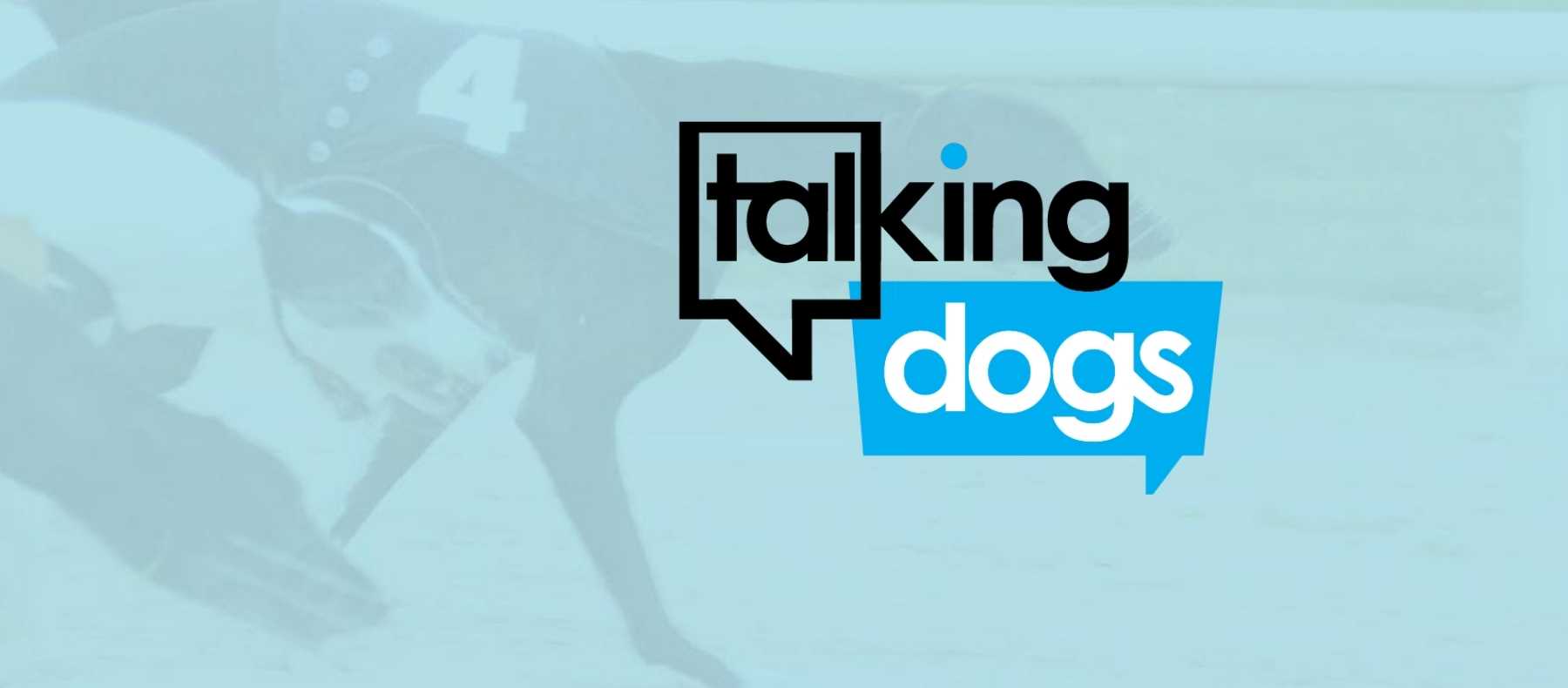GUIDANCE NOTE FOR EXPORTING DOGS FROM IRELAND TO GREAT BRITAIN
GRI
CLICK HERE TO DOWNLOAD ADVISORY SHEET ON MOVING GREYHOUND BETWEEN IRELAND AND GB
From 1st January 2021, rules for moving dogs between Ireland and Great Britain (GB) have changed.
This sheet covers the commercial movement of dogs. A commercial movement is one that relates to economic activity and covers any transport that involves or aims to achieve a financial gain or a transfer of ownership (including dogs exported for rehoming purposes).
• You will need to register with the Department of Agriculture, Food and the Marine if you want to import or export animals to or from GB. Details on how to register can be found on the Department of Agriculture, Food and Marine website. This is separate to the Animal Health Law premises registration process (formerly Balai registration)
• The person deemed responsible for the transport (be it the owner or the transporter) must be registered on TRACES NT (an EU Commission system for the electronic completion of documentation required for imports of certain consignments from third countries like the UK).
• The commercial movement of a dog from Ireland to GB must be pre-notified to the new UK system, which is called (IPAFFS), which stands for Import of Products, Animals, Food and Feed System. The pre-notification must be a minimum of 24 hours up to a maximum of 30 days in advance of the arrival of the dogs in the UK. The exporter must secure the services of a GB-based importer, who will register with IPAFFS to submit the pre-notification. This is commonly done by the transporter though the owner of the dog can do it, should they choose.
• It is extremely important also to remember that all dogs moved commercially must be
(i) microchipped,
(ii) vaccinated against rabies (the dogs must be older than 12 weeks old). Dogs cannot travel until they are at least 21 days post rabies vaccination
(iii) All dogs must also be accompanied by a health certificate and a certified copy of the identification and vaccination details. This certified copy should be in the form of a stamped vaccine book (commonly the pet passport). This book should be completely filled out, including microchip numbers
- · Alternatively, to getting a pet passport, a Veterinary Surgeon can issue a one-page document on headed notepaper, signed and stamped at the bottom, which includes:
|
Owner name and address Pet name Species/breed Date of birth,
|
Microchip number, Date of microchipping, Date of vaccine and Vaccine details
|
- The Export Health Certificate for exporting dogs to GB is generated on TRACES NT and issued by the Regional Veterinary Office (RVO) of the Department of Agriculture, Food and the Marine, they are not issues by RCE. The exporter (can be the owner or transporter) will need to present the RVO of the Department of Agriculture, Food and Marine, with certification from their Veterinary Surgeon confirming that, at the time of examination, within 48 hours of departure, their dog/s showed no clinical signs of disease and were fit to be transported.
• The exporter will need to comply with both EU and UK requirements for transporters of animals. If you have any issues, please contact transport@agriculture.gov.ie with any queries on transport requirements.
• Applications for export health certificates, which is the certificate issued by the local Regional Veterinary Office, should be made at least 5 working days prior to departure from Ireland by e-mail or phone to your Local RVO. Please contact them for more details on this process. There may be operational differences between offices so it would be wise to familiarise yourself with your local RVO in this respect.
• Following pre-notification on IPAFFS by the British based importer, a Unique Notification Number (UNN) is generated. The British importer is required to send the UNN number to the Irish based exporter. The exporter will need to provide the RVO with this Unique Notification Number, to be added to the Export Health Certificate (EHC).
• Once the export health cert has been generated via TRACES NT, it will be printed, stamped, signed and handed to the Irish exporter, by the Regional Veterinary Office.
• The Irish exporter (transporter) should email a scanned copy of this cert to the British importer for submission to IPAFFs.
• For now, commercial exports of dogs may enter GB through any point of entry. On a risk-determined basis, identity and physical checks may be conducted at the place of destination or other approved premises, in GB. However, it must be noted that from a date as yet undetermined, in 2023, commercial exports of dogs must enter Britain via a Border Control Post (BCP) designated for dogs. Identity and physical checks will be conducted at these posts.
• For queries in relation to health certs for dogs moved to GB, please contact: livetrade@agriculture.gov.ie.
• Please contact the following with any queries on transport requirements. transport@agriculture.gov.ie
Further useful links:
Information on exporting live animals : https://www.gov.ie/en/publication/72c8d-trading-in-animals-and-animal-products/#for-traders-importing-animal-or-animal-productshttps://www.gov.ie/en/publication/72c8d-trading-in-animals-and-animal-products/
Regional Veterinary Offices: https://www.gov.ie/en/organisation-information/9dc27-contact-us/#regional-offices
Balai Registration: https://www.gov.ie/en/form/2aaca-balai-registration-of-dog-premises-application-form/
TRACES NT: https://webgate.ec.europa.eu/tracesnt/login
IPAFFS: https://www.gov.uk/guidance/import-of-products-animals-food-and-feed-system
